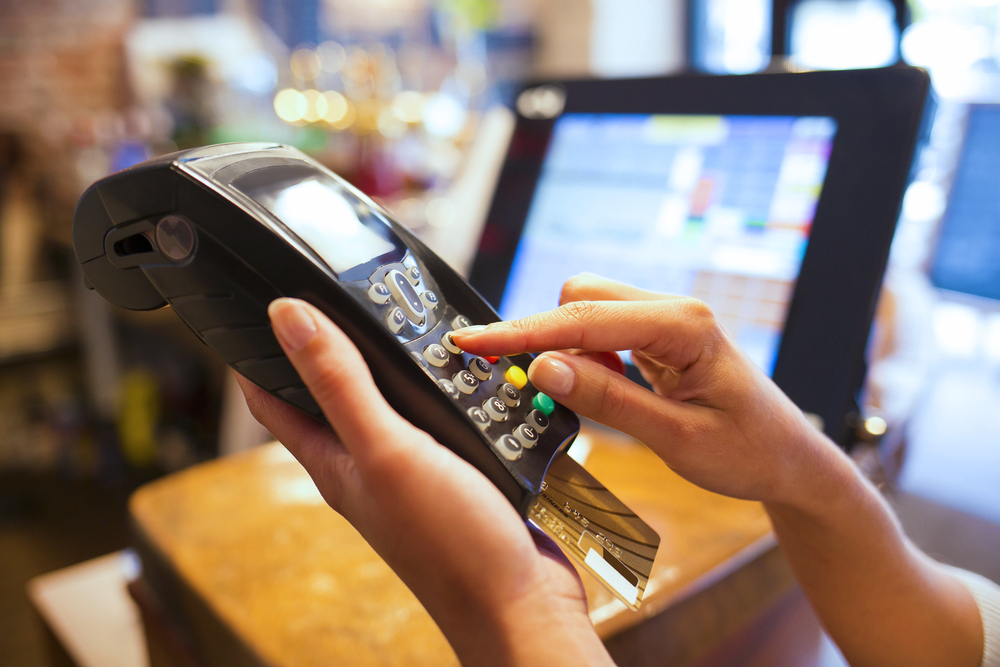TL;DR – Debit card fraud is on the rise in forms like online shopping fraud, ATM skimming, and phishing; consumers must be vigilant against malware and fake emails asking for information, monitor accounts closely, avoid suspicious links and pop-ups, and cover PIN entry.
HERE’S WHAT WE WILL COVER IN THIS POST
In the United States, the use of debit cards is rising faster than all other forms of payments. It’s no surprise then that credit and debit card fraud are also rising alongside crimes such as identity theft (which also requires vigilance to avoid). The bad news is, with debit cards, consumers don’t have the same liability protections as they do with credit cards and so must be much more vigilant in their use. Here are the top three debit card frauds to watch out for:
Online Shopping Fraud
Debit card use for online shopping is increasing, opening up more opportunities for fraudsters to access your information. If there is malware on your computer, they can access it there. If someone is eavesdropping on your Wi-Fi, it could be from a middleman attack. It could also occur at the back end when your information goes into a merchant database.
Anti-fraud tips:
- Use a credit card online for its greater protections or make sure the website is secure
- Make sure your computer is up-to-date with the latest antivirus, malware and antispyware software
- Closely monitor your bank account online
- Avoid clicking on pop-up ads offering free products
ATM Skimming
As the number of ATMs continues to grow, ATM skimming is as popular as ever. Skimmers attach a device to ATMs to capture debit card information. Some of them attach cameras to capture keystrokes used to enter PINs. It also occurs at gas stations.
Anti-fraud tips:
- Limit your ATM use to bank branches or where video surveillance is available.
- Cover your hand while entering the pin.
Phishing
Scammers send emails that look legitimate, right down to your bank’s logo, asking to “verify” your debit card number. Clicking on a link in the email sends you to a fake website where you are asked to enter your information.
Anti-fraud tips:
- Banks, government agencies, or legitimate businesses never request sensitive information through an email.
- If an email looks suspicious, hover your mouse over the sender’s name to reveal the real email address. If it doesn’t match the actual email address of the bank or organization they claim to be, delete the email.
Looking for a new debit card? Check out our custom rewards program for our Alpine Bank Visa Debit Cards here, or deicide if a card is right for you.

